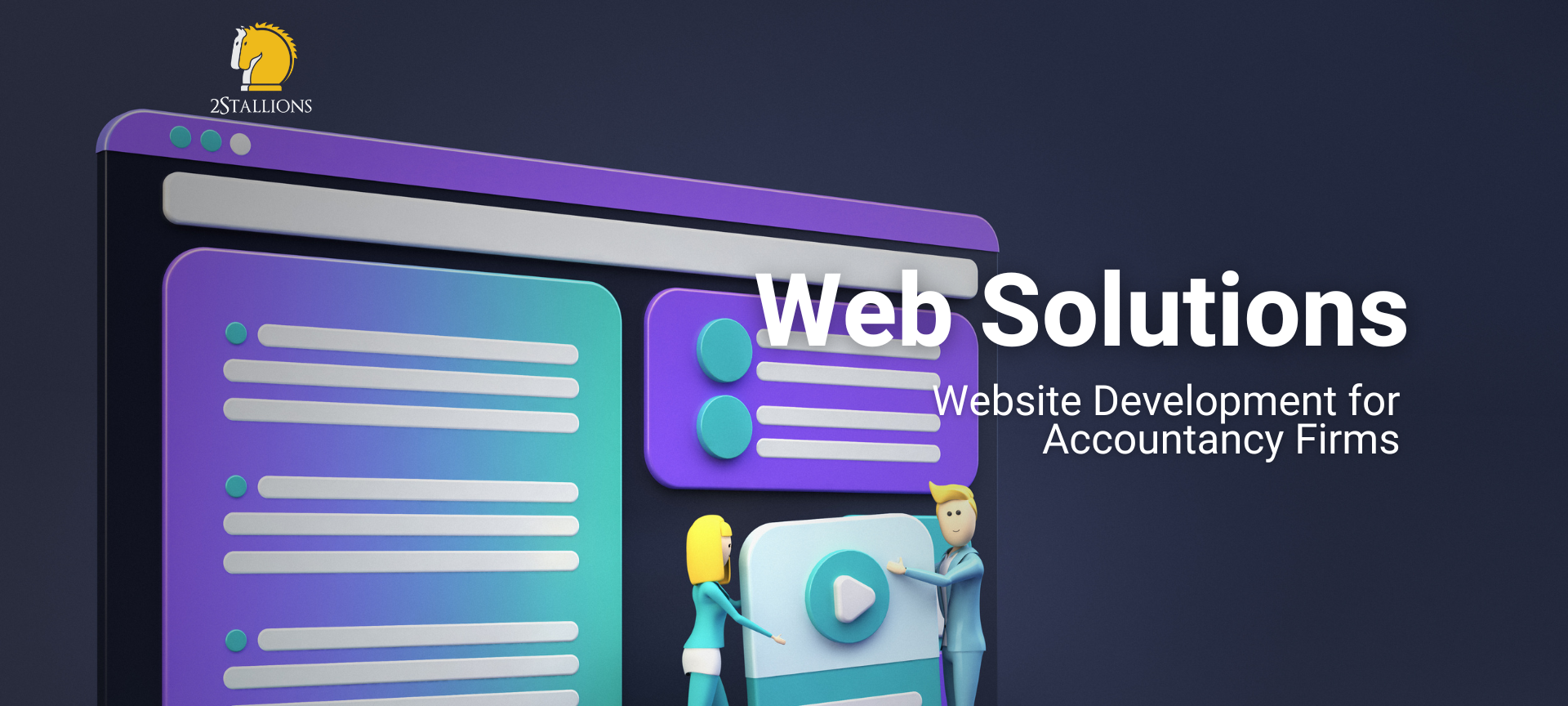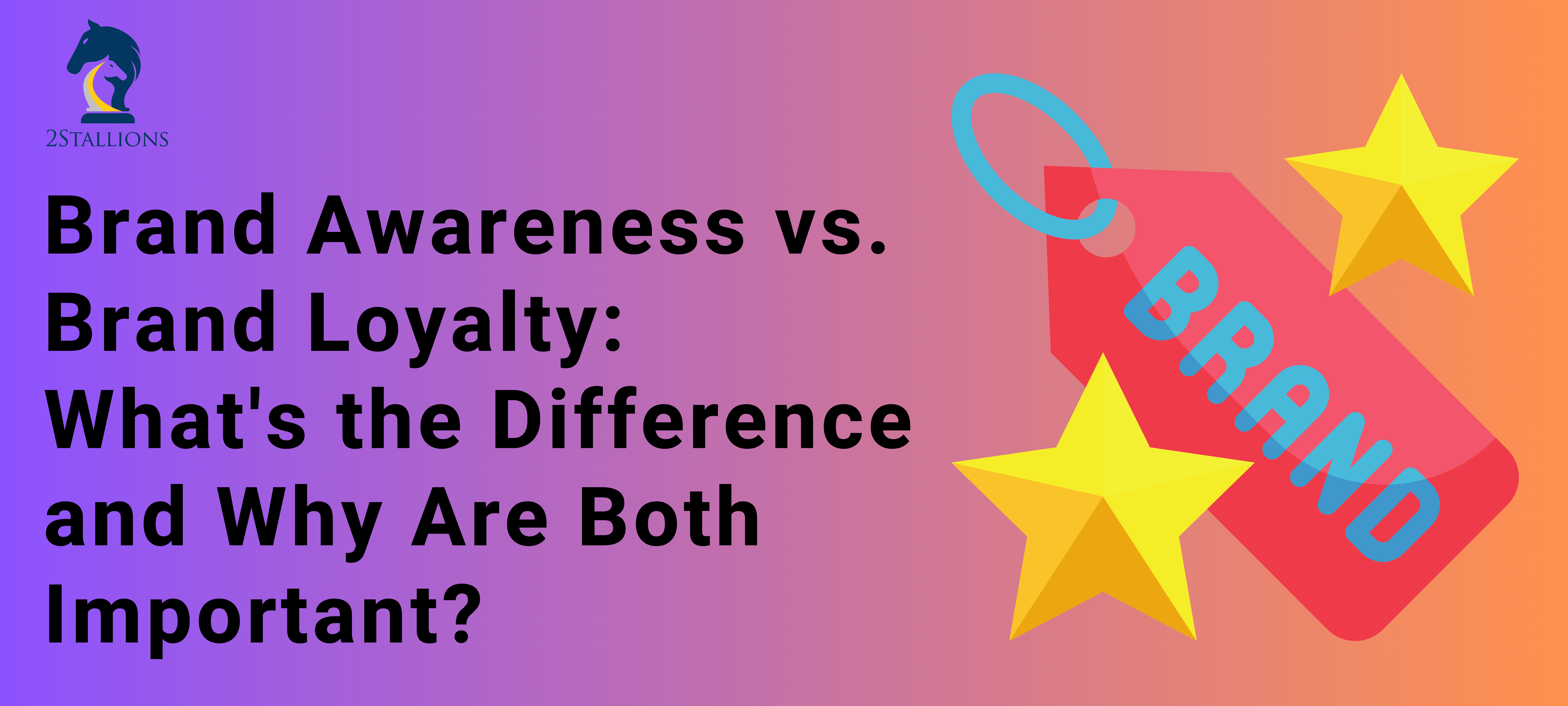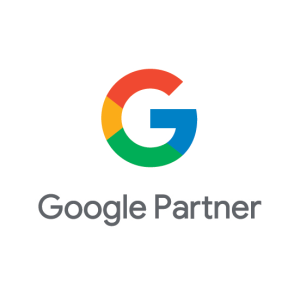SHARE
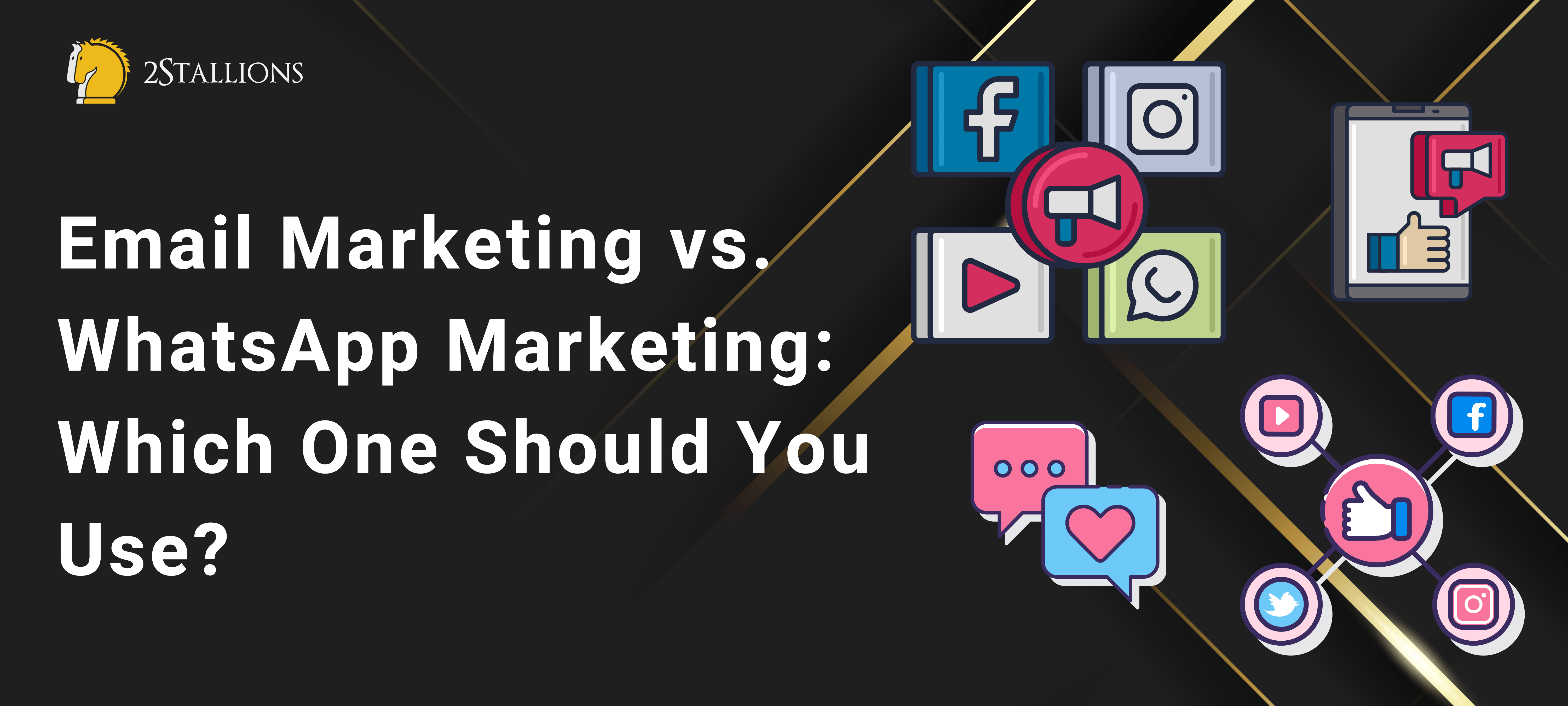
In the digital age, where communication is key to successful marketing strategies, Email Marketing and WhatsApp Marketing have emerged as two powerful tools. Both offer unique advantages, but choosing the right platform for your business can be a daunting task. In this article, we will delve into the basics of Email Marketing and WhatsApp Marketing, compare their benefits and limitations, and help you make an informed decision.
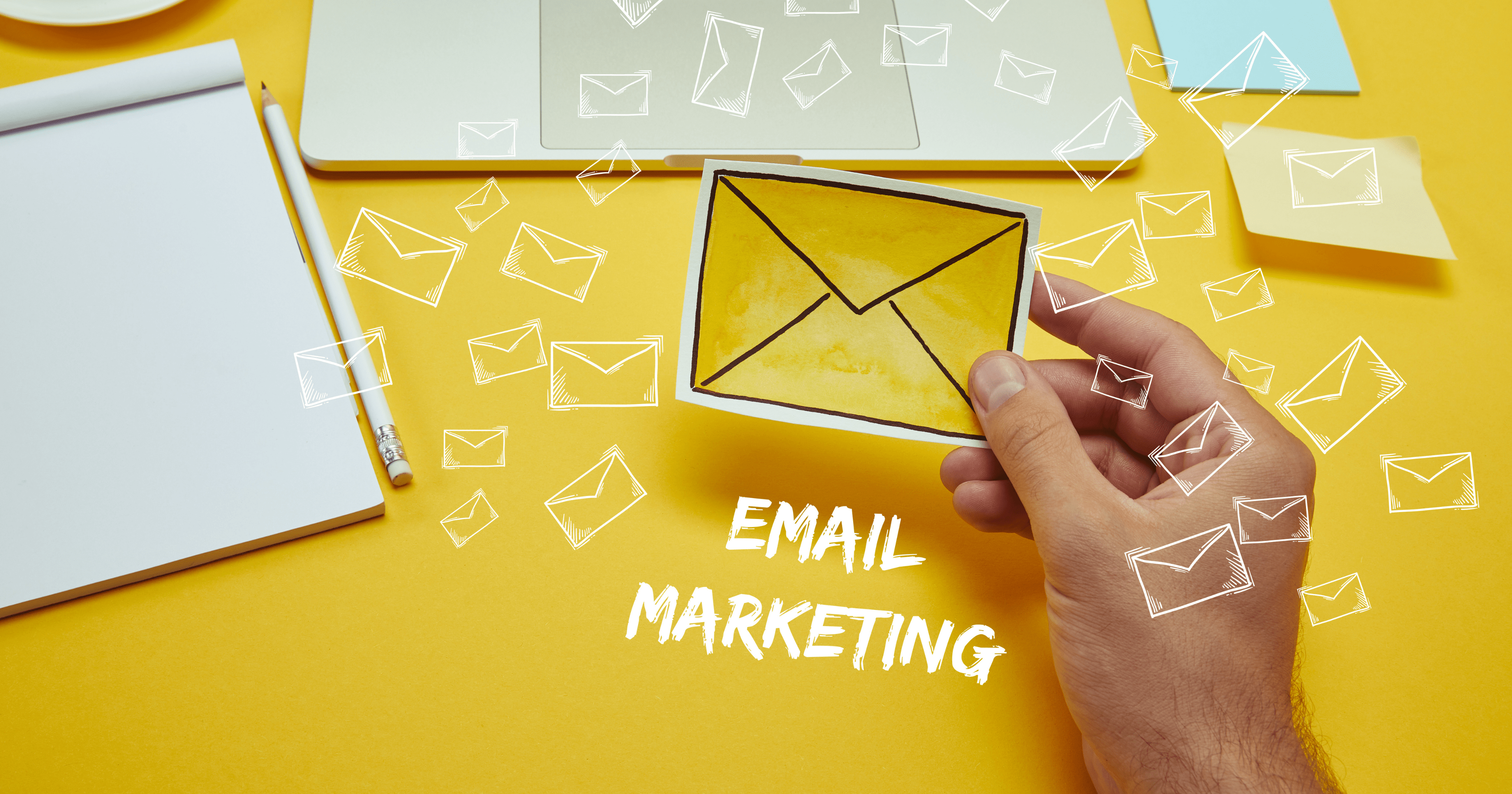
Understanding The Basics of Email Marketing
When it comes to reaching a wide audience, Email Marketing has been a trusted choice for businesses worldwide. The essence of Email Marketing lies in its ability to deliver targeted messages directly to the inboxes of potential customers. With a well-crafted email campaign, businesses can build brand awareness, nurture leads, and drive conversions.
Email Marketing has become an integral part of the digital marketing landscape. It allows businesses to connect with their audience on a personal level, delivering tailored content that resonates with their interests and needs. By leveraging the power of email, businesses can create meaningful connections and establish long-lasting relationships with their customers.
The effectiveness of Email Marketing lies in its ability to segment email lists based on demographics, interests, and behaviour. This segmentation allows businesses to send highly targeted emails, ensuring that the right message reaches the right people at the right time. By delivering personalised content, businesses can increase engagement and drive higher conversion rates.
The Essence of Email Marketing
Email Marketing revolves around building relationships with customers through personalised and relevant content. The ability to segment email lists based on demographics, interests, and behaviour allows businesses to tailor their messages and increase engagement. Moreover, email newsletters and automated campaigns offer the perfect opportunity to communicate with your audience consistently.
When crafting an email campaign, businesses should focus on creating compelling subject lines that grab the recipient’s attention. A well-crafted subject line can make all the difference in whether an email gets opened or ignored. Additionally, the body of the email should be concise, informative, and visually appealing. Including eye-catching images and clear call-to-action buttons can significantly improve click-through rates.
Furthermore, Email Marketing allows businesses to track and measure the success of their campaigns. By analysing open rates, click-through rates, and conversion rates, businesses can gain valuable insights into customer behaviour and preferences. This data can then be used to refine future campaigns and optimise marketing strategies.
Key Benefits of Email Marketing
One of the key benefits of Email Marketing is its cost-effectiveness. Compared to traditional marketing channels, email campaigns require minimal investment while delivering high returns. Businesses can save on printing and postage costs, making it an affordable option for businesses of all sizes. Additionally, email marketing platforms offer automation features, allowing businesses to send targeted emails at scale without requiring significant manual effort.
Email Marketing also provides businesses with the opportunity to engage with their audience in real time. By sending timely and relevant emails, businesses can stay top-of-mind, and nurture leads throughout the customer journey. Whether it’s sending a welcome email to new subscribers or a personalised offer to existing customers, Email Marketing allows businesses to deliver the right message at the right time.
Furthermore, email analytics provide valuable insights into customer behaviour, allowing businesses to refine their strategies and drive better results. By tracking metrics such as open rates, click-through rates, and conversion rates, businesses can understand what resonates with their audience and make data-driven decisions. This data-driven approach can lead to higher engagement, increased brand loyalty, and, ultimately, improved business performance.
Potential Drawbacks of Email Marketing
Despite its advantages, Email Marketing does have its limitations. One of the main challenges is the growing concern of email overload. With the increasing volume of emails received daily, it’s vital to create impactful and valuable content that stands out in the cluttered inbox. Businesses need to ensure that their emails provide value to the recipient and are not perceived as spam.
Additionally, ensuring email deliverability and avoiding spam filters can be a hurdle that requires careful attention. Email providers have become increasingly sophisticated in filtering out unwanted emails, which means businesses need to follow best practices to ensure their emails reach the intended recipients. This includes using a reputable email service provider, maintaining a clean email list, and adhering to email marketing regulations.
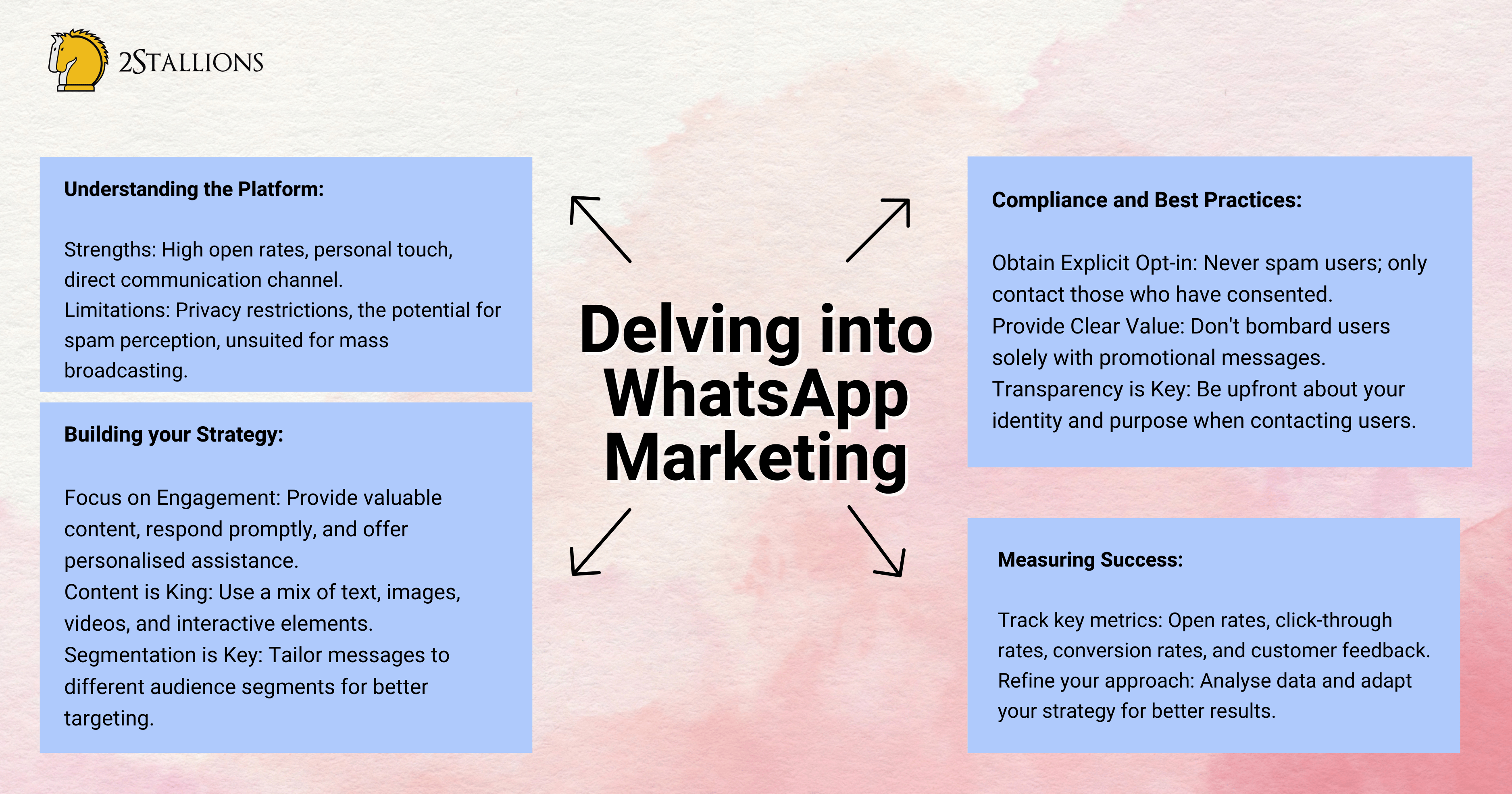
Delving into WhatsApp Marketing
WhatsApp, the popular messaging app, has also become a powerful tool for businesses to connect with their target audience. With over two billion users worldwide, the concept of WhatsApp Marketing opens new doors for engaging customers in a more personal and instant manner.
The Concept of WhatsApp Marketing
WhatsApp Marketing involves using the app’s features to send messages, images, videos, and other content directly to customers’ smartphones. The ability to engage in real-time conversations and provide instant support creates a sense of trust and strengthens customer relationships. Furthermore, WhatsApp groups and broadcast lists allow businesses to reach a large number of people with just a few clicks.
Advantages of Using WhatsApp for marketing
WhatsApp’s high engagement rates make it a valuable tool for businesses. With a staggering 98% open rate, recipients of WhatsApp messages are highly likely to read them. Moreover, the app’s end-to-end encryption ensures secure communication, adding an extra layer of trust. WhatsApp also enables businesses to use multimedia formats, such as videos and images, to create compelling content that captures attention.
Limitations of WhatsApp Marketing
While WhatsApp offers numerous advantages, it also has limitations. Firstly, WhatsApp Marketing is more suitable for one-on-one interactions and small groups, making it less effective for mass broadcasts. Additionally, the app’s policy strictly prohibits unsolicited messaging, requiring businesses to obtain consent from users before initiating any marketing communication.
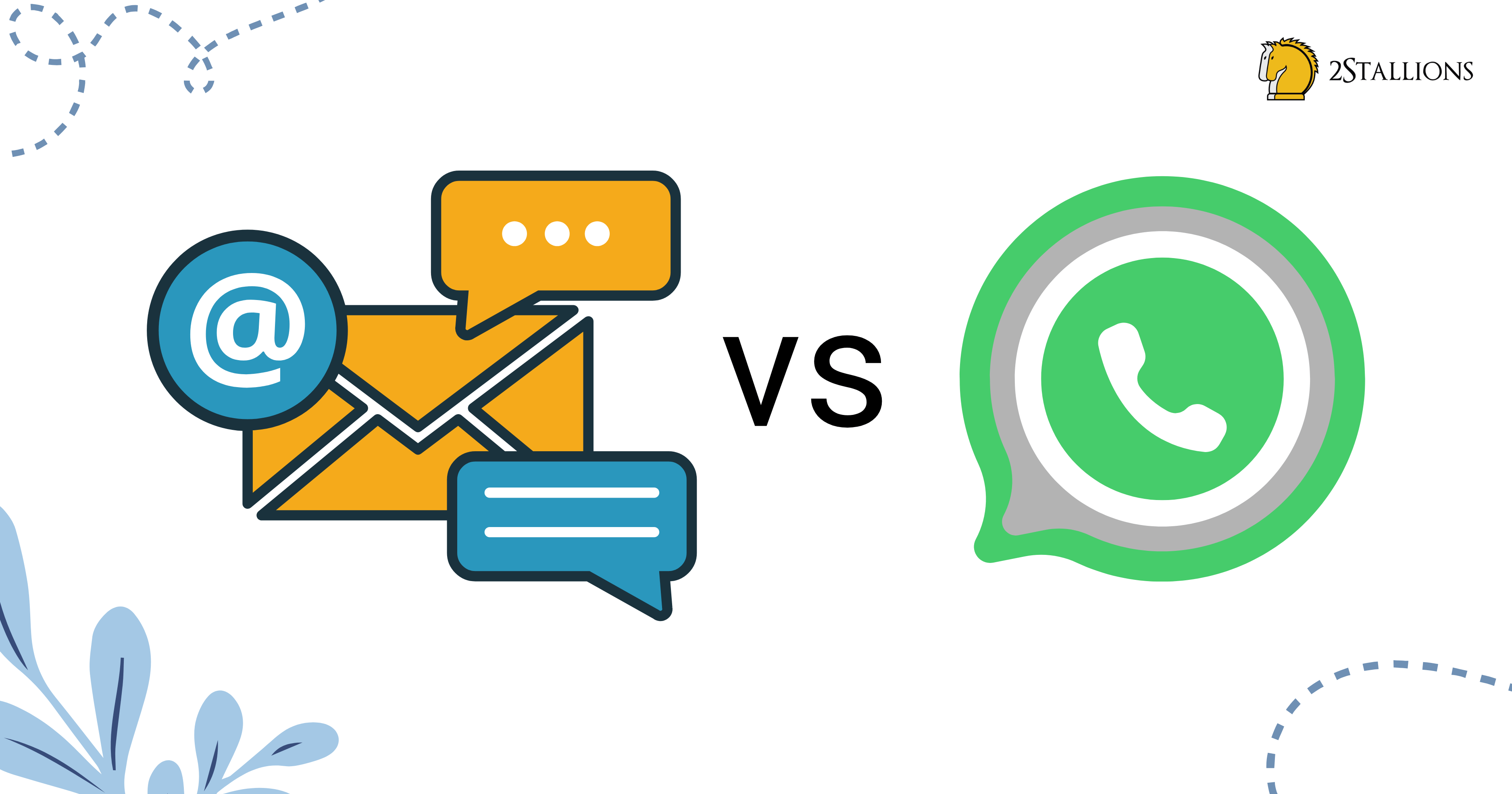
Comparing Email and WhatsApp Marketing
Audience Reach: Email vs. WhatsApp
When it comes to audience reach, Email Marketing has the upper hand. With an estimated 4 billion email users worldwide, businesses can tap into a vast pool of potential customers. On the other hand, although WhatsApp has a massive user base, not everyone may be open to receiving marketing messages on the platform.
Engagement Rates: A Comparative Analysis
When it comes to engagement, WhatsApp takes the lead. The app’s real-time nature and high open rates ensure that messages are seen and read promptly. Emails, on the other hand, may get lost in crowded inboxes or go unnoticed for longer periods.
Cost-effectiveness: Which One Offers More Value?
In terms of cost-effectiveness, Email Marketing has the advantage. With low overhead costs and the ability to automate campaigns, businesses can reach a large audience without breaking the bank. WhatsApp Marketing, while effective, may require more resources for managing real-time interactions and providing timely support.

Making the Right Choice for Your Business
Factors to Consider When Choosing a Marketing Platform
When deciding between Email Marketing and WhatsApp Marketing, several factors come into play. Firstly, consider your target audience’s preferences and habits. Are they more likely to engage with emails or prefer instant messaging? Additionally, consider the type of content you wish to deliver and the level of personalisation required.
Assessing Your Business Needs and Goals
Understanding your business needs and goals is crucial in making a well-informed decision. If your goal is to reach a broader audience and nurture leads over time, Email Marketing may be the ideal choice. However, if you prioritise real-time interactions and personalised conversations, WhatsApp Marketing could be the way to go.
The Role of Your Target Audience in the Decision-Making Process
Ultimately, your target audience should play a significant role in the decision-making process. By understanding their preferences and communication habits, you can choose the platform that aligns best with their needs. Remember, the key to successful marketing is selecting the channel that allows you to connect and engage with your audience effectively.
In conclusion, both Email Marketing and WhatsApp Marketing have their pros and cons. The right choice for your business depends on factors such as audience reach, engagement rates, cost-effectiveness, and business goals. By carefully considering these aspects and understanding your target audience, you can make an informed decision that maximises the impact of your marketing efforts.
Frequently Asked Questions About Email Marketing vs. WhatsApp Marketing
Why Use WhatsApp Instead of Email?
WhatsApp and email serve different purposes, depending on your communication needs. WhatsApp is more instant and informal, making it ideal for quick exchanges and real-time conversations. It’s also more mobile-centric, allowing users to share multimedia easily. However, email is better suited for formal communication, documentation, and attachments. WhatsApp is preferred when immediacy, informal communication, and multimedia sharing are crucial.
Which Is Better: Digital Marketing or Email Marketing?
Digital marketing is a broader term that encompasses various online channels, including email marketing. Email marketing, on the other hand, focuses explicitly on sending targeted messages through email. The effectiveness depends on the marketing goals. Digital marketing is versatile, incorporating social media, content marketing, SEO, and more. Email marketing is highly effective for direct communication and relationship building. The choice depends on the specific objectives of a marketing strategy.
Which Is Better: Email Marketing or Social Media?
Again, this depends on your marketing goals. Email marketing is highly effective for personalised, direct communication and relationship building. It’s excellent for targeted campaigns and maintaining customer engagement over time. Social media, on the other hand, is more about creating brand awareness, fostering community, and reaching a broader audience. Both have merits; a successful marketing strategy often integrates both for a comprehensive approach.
Is WhatsApp a Good Marketing Tool?
WhatsApp can be a powerful marketing tool when used strategically. It offers direct communication with customers in real time, making it practical for customer support, promotions, and engagement. However, respecting user privacy and obtaining consent for marketing messages is crucial. WhatsApp is particularly beneficial for businesses targeting a mobile-savvy audience and those in regions where the platform is widely used. As with any marketing tool, success depends on understanding your audience and using the platform in a way that aligns with their preferences and expectations.


